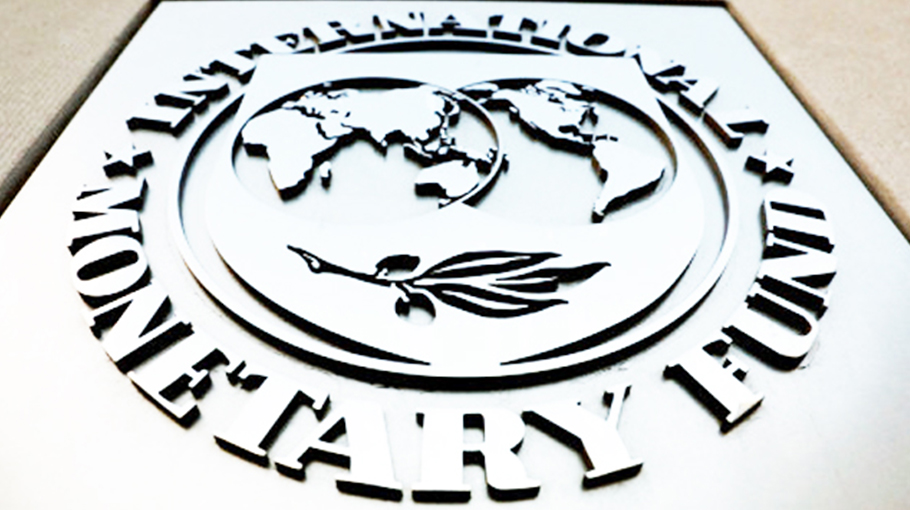IMF wants strong budget, narrower deficit from Sri Lanka

The International Monetary Fund (IMF) is looking for a strong budget and narrower deficit from Sri Lanka as it seeks funding to bridge the gap between government revenue and expenditure, the IMF mission chief for the country said on Friday.
Sri Lanka plunged into its worst financial crisis in seven decades last year after its foreign exchange reserves dwindled to record lows, but since locking down a $2.9 billion IMF programme in March it has managed to partly stabilise its economy, reducing runway inflation and rebuilding reserves.
However, the country has struggled to increase public revenue, with the IMF projecting a 15 percent shortfall this year. An improved performance for next year is necessary for Sri Lanka to get past the first review of its programme with the global lender.
Sri Lanka reached a staff level agreement with the IMF late on Thursday to release the second tranche of about $330 million but still needs approval from the IMF management and Executive Board.
Regarding revenues, Senior Mission Chief for Sri Lanka Peter Breuer said the objective is not to let a shortfall happen next year, and ensure revenue exceeding 12 percent of GDP.
"Like, approximately 12 months ago, we are of course looking for a strong budget that can achieve that with, of course, the objective being that the gap between expenditure and revenues needs to be narrowed so that Sri Lanka can, once again, find creditors who are willing to finance the remaining gap," Breuer told reporters at an online briefing from Washington.
Sri Lanka typically uses borrowings from state banks, taxes and government securities to fund its budget.
The power regulator approved an 18 percent electricity tariff hike for households in the country with effect from Friday, part of efforts by Sri Lanka to improve revenue of its state-run power monopoly, the Ceylon Electricity Board.
Sri Lanka increased tariffs by 65 percent in February before reducing them by 14 percent in June.
The power tariff hike is expected to partly increase the island's inflation from 1.3 percent in September to about 5 percent by December, analysts said.
Meanwhile, China offered to help Sri Lanka buy more of its exports after leaders of the two countries met in Bejing on Friday, state media said. This comes a week after the island nation said it had reached agreement with the Export-Import Bank of China on $4.2 billion of debt.




